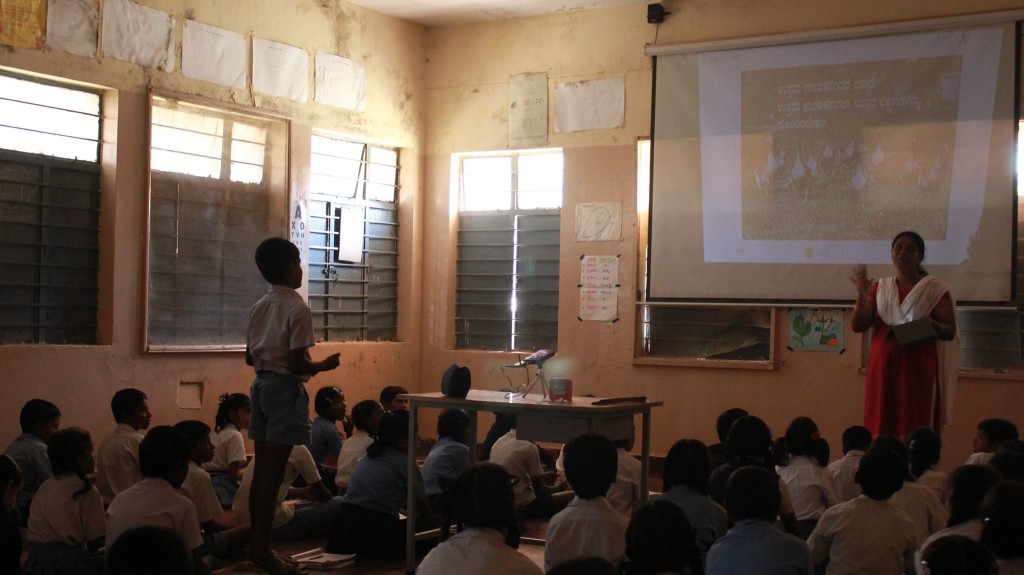
However, getting to this point required a significant amount of effort. The recycling and composting generates ₹13 lakhs every month and this will only increase,” says Mr Saini. “Not only is our city cleaner but we have also managed to generate revenue through this system. Thanks to this, every ragpicker who works for us gets ₹5,000 every month,” says Shashikala Sinha, President, Swachh Ambikapur Mission Cooperative which is the ragpickers’ collective that provides they city’s door-to-door waste collection services. The women involved are economically better off while our city is cleaner.

But for the ragpickers, it has been the biggest blessing. The only mixed waste we get is from public bins. “The great thing is that everyone is invested. Read More: 100% Waste Segregation: Focus On Behavioural Change And Ragpickers, Say Experts This is then picked up at 7 AM every morning by a team of 403 women armed with white caps and yellow gloves who then cart off this waste to secondary segregation centres, where it is sorted into 38 different categories before being sent off for recycling, composting or other kinds of processing depending on the type.ģ1 women’s self-employment groups are responsible for Ambikapur’s door-to-door waste collection service And this was something the municipal corporation could not do alone” Ritesh Saini, IP Officer, Nagar Nigam Ambikapur, tells NDTV.Īll of its 2,500 households now practice basic waste generation splitting what they generation into dry and wet garbage. We knew that if we wanted a sustainable waste management model we needed one that would be decentralised and focused on segregation. So it was a conscious effort we started in early 2015. “We were drowning in garbage and knew that something had to drastically change. The incredible thing about Ambikapur’s transformation is how it has managed to get all stakeholders involved in its seamless waste management chain-right from the residents to the ragpickers, everyone has had their part to play in the process.Īlso Read: Waste Management By Ragpickers: The Tragic Story Behind India’s Informal Sector In May 2016, the city converted its 15-acre landfill into a ‘ Sanitation Awareness Park’ complete with trees and ponds, formally declared itself as a zero-waste city and hasn’t look back ever since. And all this has been achieved in a short two years thanks to its move towards a decentralised waste management model. This system earns the city ₹13 lakhs every monthĬhhattisgarh’s cleanest city, Ambikapur, has no open dumping yards, segregates over 90 per cent of its waste and generates ₹13 lakhs every month through its recycling efforts.

.1539165709871.png)
The city has managed to segregate and recycle 90 per cent of its waste.Ambikapur is Chattisgarh's cleanest city according to the Swachh Survekshan.


 0 kommentar(er)
0 kommentar(er)
